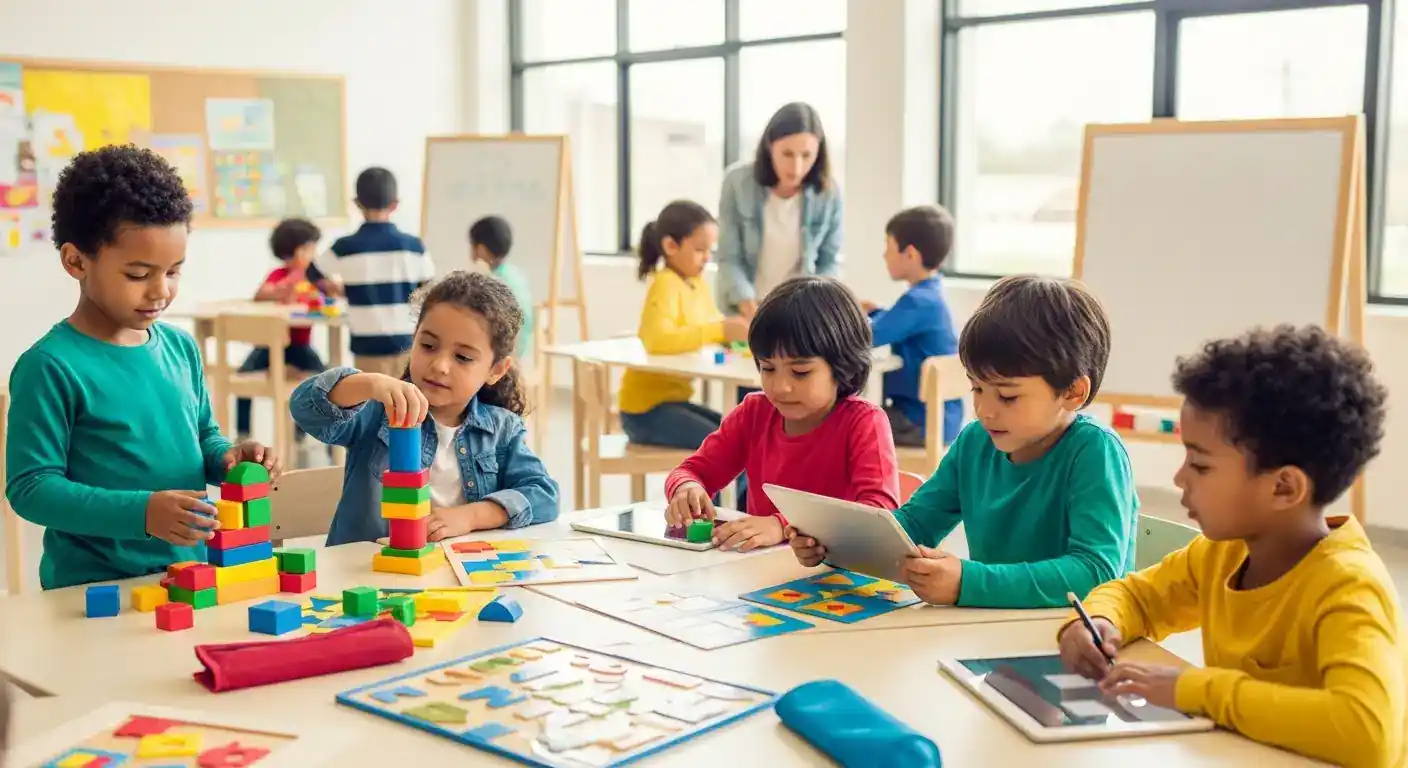Transition Planning for Students with Special Needs: A Comprehensive Guide

Transition planning for students with special needs is a crucial process that helps prepare them for life after high school. This comprehensive guide provides valuable insights and practical strategies for creating effective transition plans.
Key Points:
- Individualized Approach: Transition plans are tailored to each student's unique needs and goals.
- Collaboration is Key: Parents, educators, and the student work together to develop the plan.
- Future Focus: The plan addresses post-secondary education, employment, independent living, and community participation.
- Legal Framework: IDEA mandates transition planning for students with disabilities.
Transition Planning for Students with Special Needs: Understanding the Process
Transition planning for students with special needs begins no later than age 16 (and sometimes earlier) as mandated by the Individuals with Disabilities Education Act (IDEA). This process is not merely a formality; it's a vital roadmap to help these students navigate the often complex transition to adulthood. This guide offers a comprehensive overview of the essential elements of effective transition planning.
Developing Effective Transition Plans: A Collaborative Approach
A successful transition plan requires collaboration between the student, parents, educators, and other relevant professionals. Open communication and shared decision-making are paramount. Each member brings valuable perspectives and insights to the table, ensuring the plan is comprehensive and tailored to the student's unique strengths and needs. A recent study by the National Center on Transition Improvement (NCTI, 2024) highlights the importance of student-led IEPs in fostering self-determination and successful outcomes.
Assessing Student Needs and Goals: A Personalized Approach
Individualized transition plans are essential. No two students are alike, and their plans should reflect their individual aspirations and challenges. This involves a thorough assessment of the student's strengths, interests, and needs in areas like academics, employment, independent living, and social skills. Personalized plans empower students to take ownership of their future.
Addressing Post-Secondary Options: Exploring Pathways
Transition planning considers various post-secondary options, including college, vocational training, and supported employment. The goal is to equip students with the skills and resources to pursue their chosen path. Exploring different options early on helps students make informed decisions and develop the necessary skills.
Fostering Independent Living Skills: Promoting Self-Sufficiency
Developing independent living skills is crucial for successful transition. This encompasses areas like daily living activities, money management, and self-advocacy. Equipping students with these skills promotes self-sufficiency and empowers them to live fulfilling lives. The 2023 report by the Institute on Community Integration (ICI) emphasizes the positive impact of inclusive community participation on the development of independent living skills.
Transition Planning and Social Skills: Building Connections
Social skills play a vital role in successful transitions. Building strong social skills enables students to navigate social situations, form meaningful relationships, and advocate for themselves effectively. Social skills training should be an integral part of the transition plan.
Frequently Asked Questions about Transition Planning
Q1: When should transition planning begin?
A1: Transition planning should begin no later than age 16, as mandated by IDEA. However, many schools start the process earlier, often around age 14, to allow ample time for planning and preparation. Early planning allows for more opportunities for skill development and exploration of post-secondary options.
Q2: What is the role of the student in transition planning?
A2: The student plays a central role in the transition planning process. Their input, goals, and aspirations are paramount. Student-led IEPs are increasingly recognized as best practice, empowering students to take ownership of their future. This active participation fosters self-determination and increases the likelihood of successful post-school outcomes.
Q3: How can parents support their child during transition planning?
A3: Parents are essential partners in transition planning. They can support their child by actively participating in IEP meetings, advocating for their child's needs, and helping them explore post-secondary options. Open communication with the school and other professionals involved is key to a successful transition.
Q4: What resources are available to support transition planning?
A4: Numerous resources are available to support transition planning, including state and local education agencies, disability advocacy organizations, and vocational rehabilitation services. The NCTI and ICI offer valuable resources and research on effective transition practices. Parents and educators should proactively seek out these resources to ensure the student receives comprehensive support.
Conclusion: Empowering Students for a Successful Future
Transition planning is more than just a legal requirement; it's an investment in the future of students with special needs. By focusing on individualized goals, collaborative planning, and the development of essential life skills, we can empower these students to achieve their full potential and lead fulfilling lives. Share your experiences and thoughts in the comments below. For further reading, explore our articles on /categories/social-skills and /articles/developing-social-skills-for-students-with-autism. Subscribe to our newsletter for more valuable insights.
Suggested Internal Links:
- Anchor Text: "student-led IEPs" - Target: /articles/student-led-ieps-empowering-students-with-disabilities (Related Article)
- Anchor Text: "Social skills training" - Target: /articles/the-importance-of-social-skills-training-for-students-with-special-needs (Related Article)
- Anchor Text: "vocational rehabilitation services" - Target: /categories/career-development (Category)
Expandable Subtopics for Future Updates:
- Transition Planning for Students with Specific Learning Disabilities
- The Role of Technology in Transition Planning
- Legal Updates and Changes to IDEA Regarding Transition Planning
Update Frequency Recommendation: This content should be reviewed and updated annually to reflect changes in legislation, best practices, and available resources.